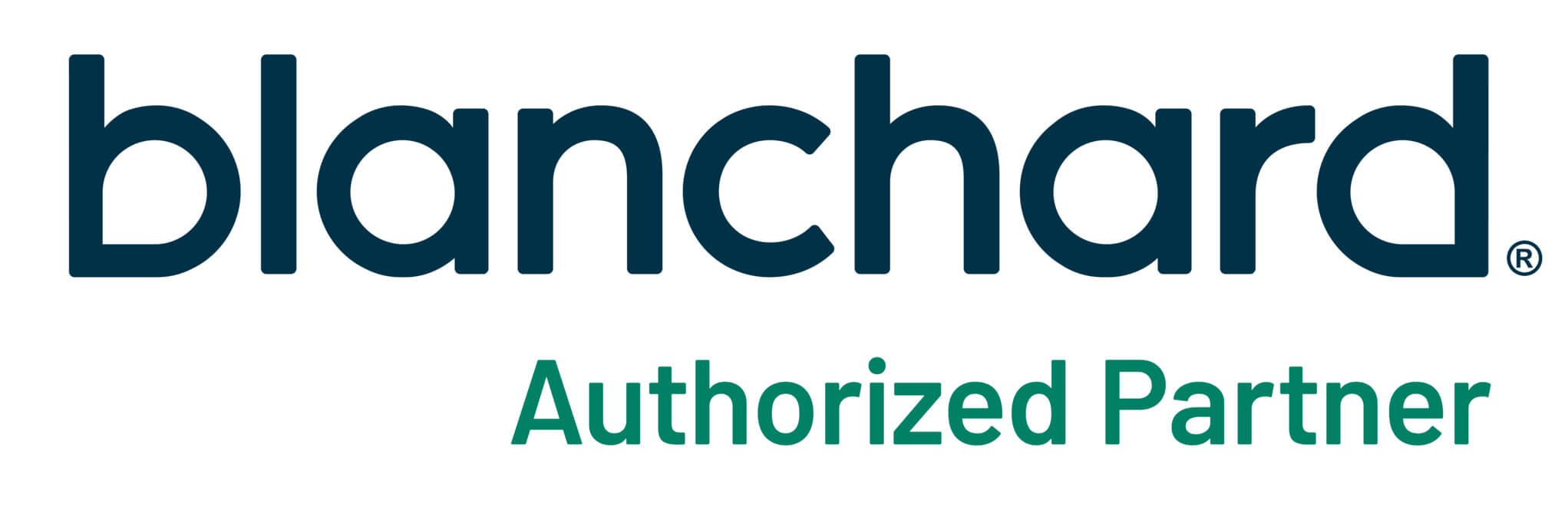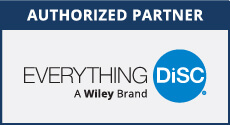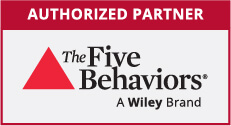
The Leadership Wake-Up Call We Can’t Ignore
We’re at a breaking point. According to the Global Leadership Forecast 2025, trust in leadership is plummeting, burnout is rising, and leadership pipelines are dangerously weak:
- Only 29% of leaders trust their immediate manager
- 71% report rising stress since stepping into leadership
- 40% are considering stepping down from leadership roles
- Just 20% of HR professionals are confident in their succession bench
These aren’t just troubling stats. They’re signals of a deeper breakdown—one that can’t be solved with another offsite or one-size-fits-all training. This is about system-wide organizational health. And ignoring it puts your business at risk.
If you're a CEO, HR leader, or executive team member, here's what you need to know—and what you can start doing about it.
1. Trust Is in Free Fall—and It’s Costing You Performance
Trust is the foundation of high-performing teams. But when it breaks down, everything suffers: engagement, innovation, retention, and growth. The data shows that trust in immediate managers dropped 17 points in just two years.
What’s behind this collapse?
- Leaders aren’t getting feedback—or acting on it
- Transparency feels optional instead of operational
- Managers are unprepared to lead in today’s complex environments
The fix isn’t just better communication. It’s equipping leaders to lead intentionally: modeling values, creating psychological safety, and owning the development of their people.
What to do: Audit how your managers give and receive feedback. Prioritize leadership development that builds relational and strategic trust—not just technical competence.
2. Burnout Isn’t a Leadership Problem. It’s a Design Problem.
Leadership overwhelm isn’t a result of underqualified individuals. It stems from a flawed system that doesn’t support them. Leaders today are being pulled in too many directions with too little support. They’re caught between delivering results and managing constant change—with no buffer, no clear priorities, and often, no meaningful development.
The result? Exhaustion. Attrition. And cynicism.
What to do:
- Cut the clutter. Get ruthless about priorities.
- Rebuild workflows and expectations with sustainability in mind.
- Measure manager well-being as seriously as you measure productivity.
3. Your Leadership Bench Probably Isn’t Ready—And That’s a Risk
Succession isn’t a luxury. It’s a necessity. Yet only 1 in 5 organizations feel confident in their pipeline. High-potential employees aren’t sticking around out of loyalty. They’re looking for growth. And if they don’t see it, they’ll find it somewhere else.
The riskiest part? You often don’t realize your bench is empty until a critical leader walks out the door.
What to do:
- Identify high-potential talent early and make their development visible.
- Build real-time readiness assessments, not just annual talent reviews.
- Make leadership development part of your strategic plan, not just an HR initiative.
Systems, Not Silos: What Healthy Organizations Do Differently
High-functioning organizations aren’t immune to pressure. But they’ve built the structure to withstand it.
They:
- Build trust by making leadership intentional and values-driven
- Prevent burnout by aligning priorities and investing in support
- Strengthen bench strength with clear succession strategies
They focus less on individual heroics and more on building a leadership ecosystem that can sustain growth, adapt to change, and retain talent.
Final Thought: This Isn’t Just a Leadership Problem. It’s an Organizational One.
Leadership doesn’t break in isolation. It breaks when the system around it doesn’t hold. The good news? You can change that. By understanding the structural gaps and acting decisively you can build a healthier, more resilient organization that attracts and keeps the leaders you need.
Want to Know Where to Focus First?
We created the OrgHealth IQ™ Snapshot to help leadership teams identify where their biggest gaps are—trust, burnout, succession, and beyond.
It’s quick. It’s free. And it’s a powerful first step.
Let’s fix the system—so your leaders can thrive in it.
Raven Lee is the founder of Raven Lee Consulting and creator of the OrgHealth IQ™ framework. She helps organizations build healthy leadership systems by aligning strategy, culture, leadership, and talent to drive performance and well-being.

Unlock the secrets to leading like a pro with our guide on cultivating team brilliance and boosting organizational health—because your leadership legacy starts with a thriving culture! 🚀 #LeadershipLab #OrganizationalExcellence

In today’s fast-paced world, being a competent leader isn’t enough—you need to stand out, inspire change, and lead with unwavering impact. This realization hit Lisa, a mid-level manager, when her boss pointed out that merely being good wouldn't propel her to the next level. By shifting her mindset and embracing confidence, strategic thinking, and a refined executive presence, Lisa transformed into an influential leader, earning a promotion and recognition for driving real change.
The playbook for unstoppable leadership involves several key elements. First, adopting a growth mindset helps you see challenges as opportunities, fueling continued learning and resilience. Mastering emotional intelligence and honing communication skills are vital; they help build trust and ensure your vision is compelling and clear enough to earn buy-in from your team.

Leadership is a dynamic journey, shaped by both triumphs and setbacks. A crucial yet often overlooked tool in a leader’s toolkit is the practice of reflection, which allows leaders to gain insights, clarify intentions, and prepare for future challenges. This blog post explores how reflecting on past experiences strengthens leadership by building self-awareness, enhancing decision-making, strengthening relationships, and aligning actions with core values.
The article introduces five essential reflection questions that can guide leaders in their personal and professional growth. These questions prompt leaders to identify lessons learned, assess their impact on their team, evaluate how challenges were handled, ensure alignment of actions with values, and plan actionable changes for the future. By integrating these reflection practices into their routine, leaders can foster not only their own development but also cultivate a thriving and resilient team environment.
Making reflection a habit involves setting aside dedicated time, creating a conducive reflection space, and utilizing structured prompts to guide the process. The ripple effects extend to improved communication, decision-making, and a cohesive organizational culture. Ultimately, reflection empowers leaders to navigate their journeys with greater clarity, resilience, and intentionality, leading with a deeper sense of purpose.
Read more...
Embarking on a meditation practice can seem challenging, but by following some straightforward guidelines, you can easily establish a routine that not only calms your mind but also enhances your leadership effectiveness. Meditation nurtures your capacity to be present, focused, and resilient—qualities that are integral to intentional leadership. By focusing on posture, breath, and gradually building your practice, meditation becomes a transformative tool for leaders aiming to engage more fully and make thoughtful decisions.
Proper posture encourages not just physical alignment but mental clarity, preparing you to meet challenges or make pivotal decisions with focus and presence. Begin your practice slowly by meditating for just a few minutes, as this incremental approach mirrors how intentional steps in leadership often lead to significant outcomes. Focusing on your breath is a crucial technique, as it anchors you in the present, enhancing your ability to respond thoughtfully rather than react impulsively as a leader.
To optimize your meditation sessions, consider setting a timer to devote your full attention to the practice without the distraction of timekeeping. The use of breath counting can help maintain focus amid distractions, similar to staying aligned with leadership goals amidst daily demands. Additionally, embrace patience and consistency in your practice, understanding that both meditation and leadership are journeys that develop with time and intentional effort, ultimately supporting you in leading with calm, clarity, and adaptability.
Read more...


 I
I








